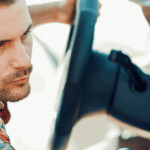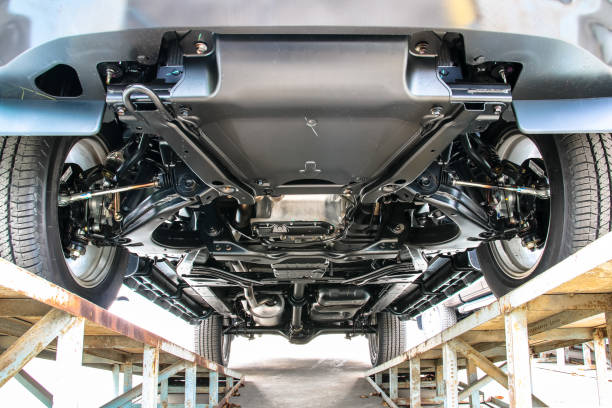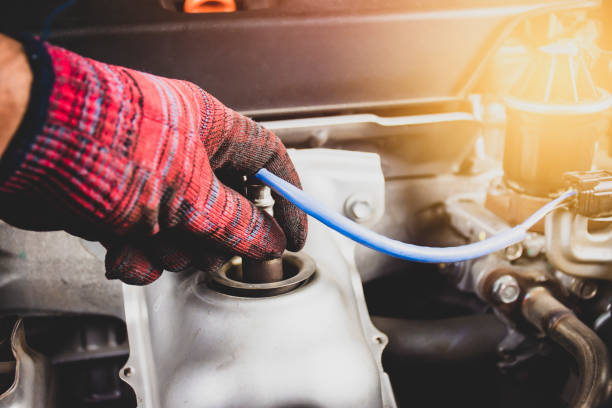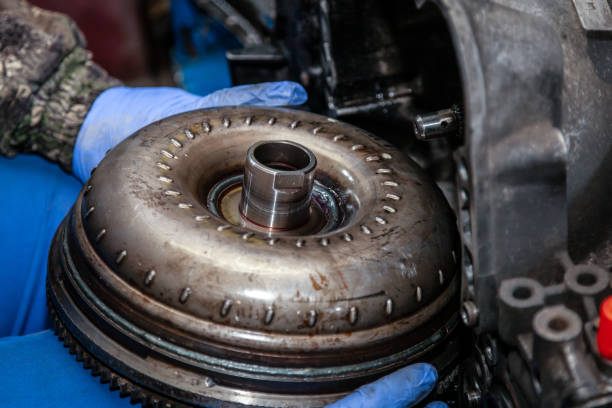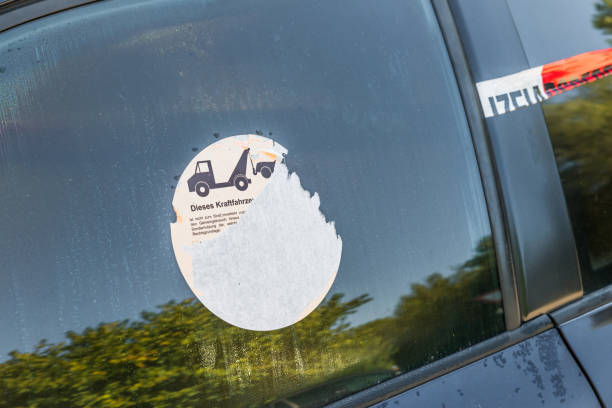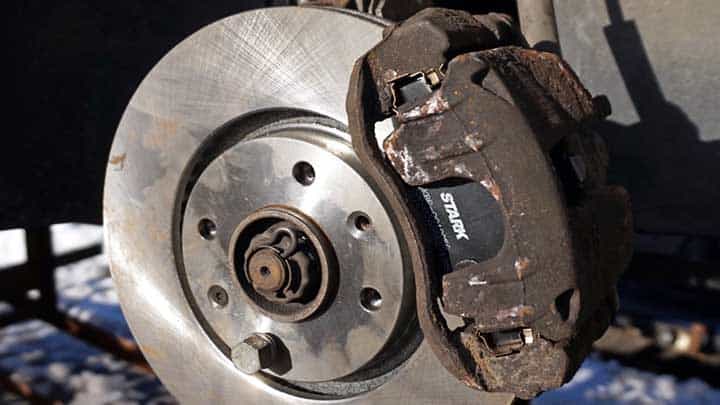
Most cars and trucks on our roads are fitted with brake calipers, and their effectiveness is extremely important for the ability to slow down and stop completely. Safety is the number one factor most people think of when it comes to vehicle braking systems. However, a minority of motorists don’t give their braking systems a second thought and will only become concerned when the brakes squeal, grind or judder when applied.
It’s not just vital that brakes work for the safety of you in the driving seat, but also your passengers and everyone else around you, such as other road users and pedestrians.
Stopping is more important than going, which is why knowing a little about the way brake calipers work and why brake caliper sticking, how to maintain them, and learning how to notice issues with your brake calipers are essential for safe motoring.
Can I drive with a bad brake caliper?
Sometimes the cars we drive are referred to as weapons, and in terms of the safety risk our love affair with the car has to you and others, that would be true in the event of a sticking brake caliper. In this guide, we first define what brake calipers do and then explore the causes of a bad brake caliper to understand better how they can go wrong.
Next, we look at six symptoms you will notice if your car ever suffers from a defective brake caliper. Knowing this information will supply you with the relevant things to look out for so that you know when your vehicle needs attention at an auto repair shop.
What is a brake caliper?
A brake caliper’s role is to house the brake pads, which are used to stop your vehicle. When your brake touches the brake pedal, brake fluid is hydraulically forced down the brake lines and makes the caliper’s piston push the brake pads against the rotors, thus enabling your car or truck to slow down and stop. Once the brake pedal is released, the caliper pulls the brake pad away from the rotor, allowing free travel for your vehicle’s wheels.
An increasing number of cars on our roads use brake rotors both at the front and at the rear. Other modern vehicles that don’t have rear rotors will have brake drums and shoes instead. The effectiveness of any braking system is down to how well maintained they are so that your vehicle is able to slow in any situation.
Causes of sticking brake calipers
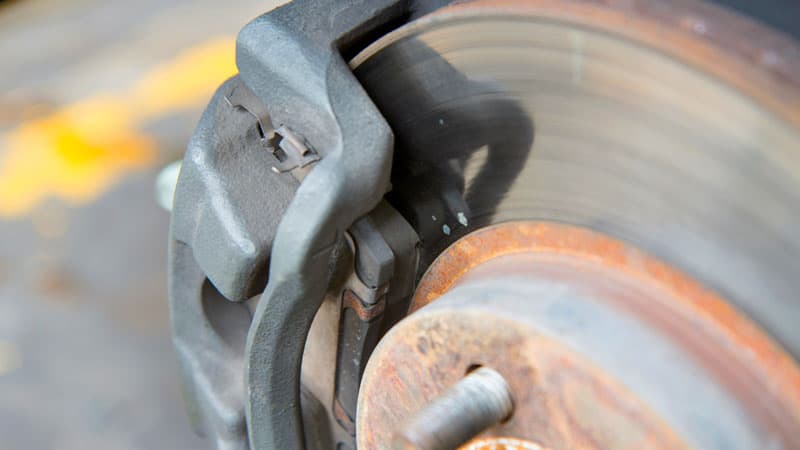
While bad brake calipers aren’t one of the more common issues on cars and trucks, there is a possibility for failure like anything mechanical. These are the top three causes of a bad brake caliper.
1. Brake caliper bolts
Brake calipers aren’t the most complex design globally, and the way they are held onto the braking system on your vehicle is quite simple to understand and for a mechanic to repair. Brake caliper bolts need to be able to slide and therefore need to have lubrication to do that.
Like many things to do with your car’s functionality, rubber plays a big part in protecting items that can dirty or need lubrication (think driveshaft gaiters and bump stops). The brake caliper bolts are no different and are protected by a rubber layer, which stops the lubricant inside from escaping.
The rubber layer around the bolt can stop doing its job for two reasons. Firstly, the rubber could dry out, allowing debris and rust, eventually preventing the bolt’s proper sliding functionality. Secondly, they can be damaged or torn and then leak lubricant. An example of this is if the brake pads were being changed, and the rubber is damaged accidentally.
2. Brake caliper slides
Brake caliper slides play an essential role in the way that your brakes apply when used. When you step on the brake pedal, the brake pads slide into grooves and then back out of the grooves again when you remove your foot.
Because of the brakes’ location, where it’s easy for debris and even corrosion to occur in the grooves or on the brake pads, this can cause them to stick together. If this happens where the brake pads are stuck in the grooves, they won’t easily slide back out again, and during braking, your calipers will feel sticky as a result.
3. Brake caliper piston and brake hose
Brake caliper pistons and brake hoses are a more common issue to experience in terms of the brake calipers sticking. Protecting the caliper’s piston is a rubber boot that lubricates it and prevents dirt from entering.
Once again, if the rubber was to tear, it could allow debris and corrosion into the caliper itself, limiting the ability to slide correctly. It’s easy to tear the rubber boot, but it is often done while being worked on or through age as the rubber perishes over time.
The brake hose is another perishable item because its flexible piping is also made from rubber. It’s important that brake hoses get checked occasionally because of their ability to crack and break – allowing brake fluid to leak onto the pistons and slow the vehicle down. When this happens, the brake caliper will stick because the brake fluid won’t return back up to the master cylinder.
Symptoms of sticking brake calipers
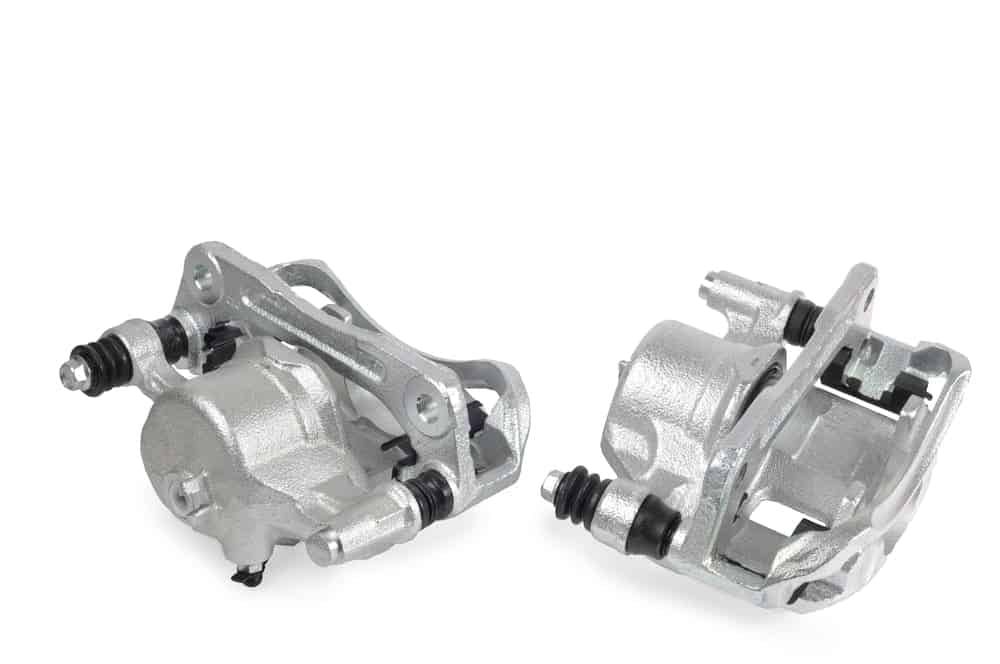
Now that you’ve read the top three causes of sticking brake calipers, we guide you through six of the most common symptoms, so you know when the brakes need attention.
1. Poor fuel economy
If you ever notice your vehicle pulling to one side when braking or the brake pedal is not returning after you’ve applied it, these are almost certainly due to sticking brake calipers.
Whenever your vehicle is returning low gas mileage, it could point to a number of potential issues. A reduction in fuel economy is an obvious sign. If your brake caliper is sticking, the continual unintentional braking will negatively affect your gas mileage because the engine will need to work harder.
2. Brakes appear to slow down the car for you
It should become noticeable when this happens because the vehicle will slow itself down before you try to. When this happens, it’ll be likely due to one or more sticky brake calipers permanently contacting the brake rotors.
Some drivers only notice this to the point where the car is grinding or making a loud high pitched sound. It will do this at the point where all the remaining material on your brake pad is worn away. Even in this scenario, a brake caliper is fixable, providing they are not overly stuck. If they are, the caliper should be replaced along with any other consumable items required.
3. Vehicle pulls to the left or right
Depending on which side the stuck or seized brake caliper occurs, it will affect the steering, meaning that the car will pull to the side of the affected caliper when driving. If you’ve driven a car that needs tire alignment, it will be a familiar feeling. However, a seized caliper will pull the car left or right both when driving and braking.
Driving a car that won’t naturally drive straight isn’t just unsafe – it’s dangerous for you, your passengers, and other road users. It’s safer to have the car transported by trailer (not driven) to an auto repair shop for the mechanics to inspect the brakes in these circumstances. If all the calipers are in good working order, then ask to have the wheel alignment done – to avoid the expense of having to replace the tires more than you would need to.
4. A noticeable amount of heat from the wheel
Stuck brake calipers will continuously be applying the brake pad, which causes friction. Brakes only ever get excessively hot under extremely heavy use, for example, in motorsport, or in this case, constant use thanks to a sticking brake caliper.
If you suspect your vehicle has a stuck caliper, park up and slowly walk around it, placing your hand near each wheel. If you sense excessive heat or more obvious signs like smoke or a burning smell coming from one of the wheels – then you have a sign of a stuck caliper.
5. Leaking brake fluid
Brake calipers will work when hydraulic pressure from brake fluid will push the pistons and suspends the brake pads around the rotors. Sometimes a broken seal can cause a brake fluid leak, and this potentially dangerous scenario can affect your ability to slow the vehicle down.
If you think your vehicle isn’t slowing down correctly, have it inspected at the earliest opportunity. Another tell-tale sign of leaking brake fluid is wet spots near the front wheels, visible after moving the car from its parked position.
6. Unusual sounds
Before the days of multiple warning lights alerting us to our cars’ issues, braking systems managed to be quite useful in warning us when there was a problem. Luckily this has not changed, and hearing strange sounds when braking alone is a sign there’s wear or a more serious issue.
We would never advise dismissing braking related noises with just aging brake pads or rotors, have it checked out by a mechanic. After all, it could be the brake caliper that has become loose or is now sticking.



